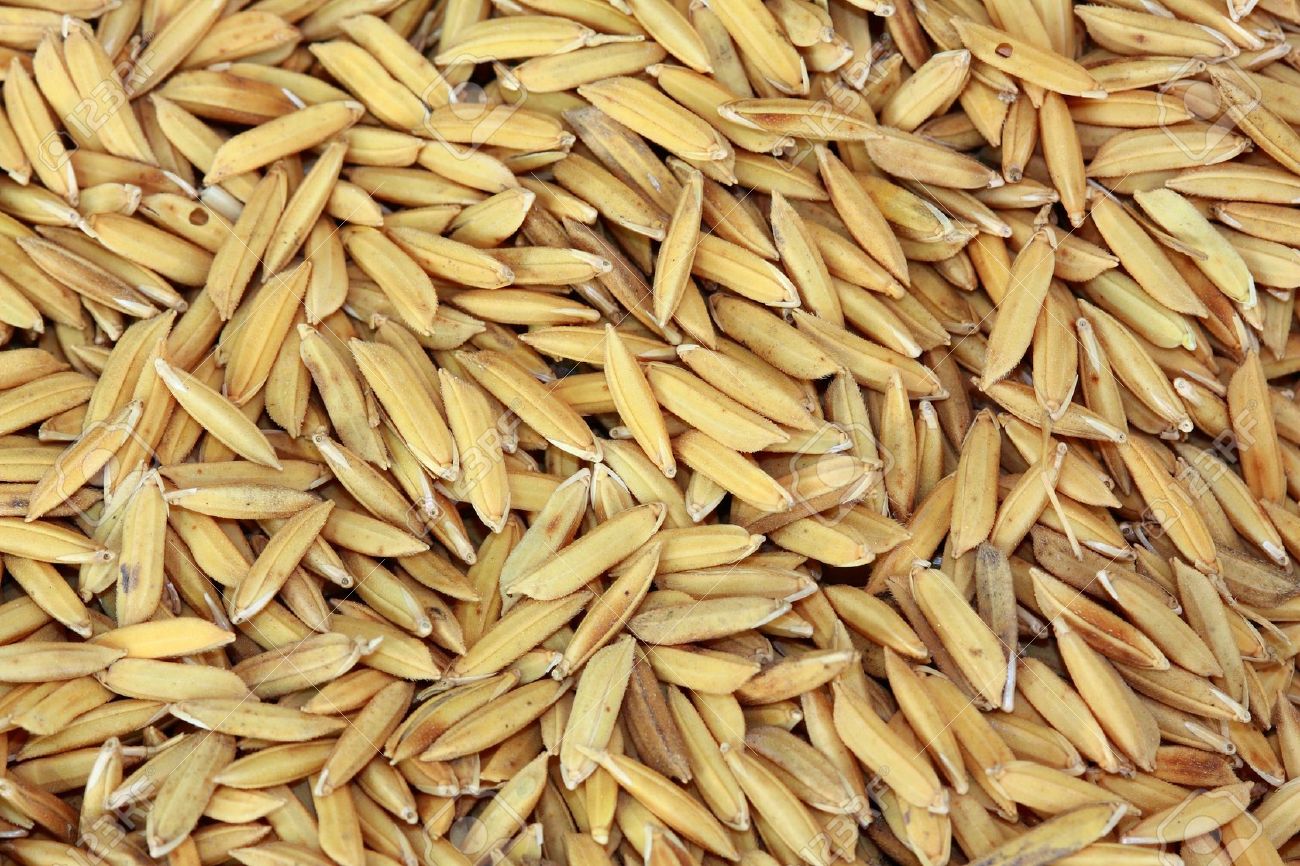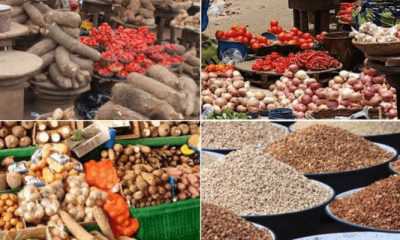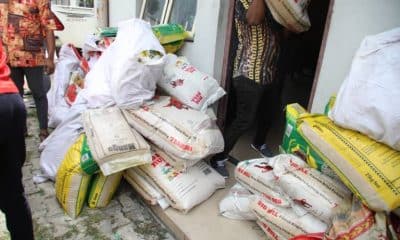Business
Prices Of Paddy Rice Drop In States

A recent survey has revealed a significant decrease in the prices of paddy across various grain markets in Nigeria, signaling relief as the dry season harvest begins.
Paddy, the unprocessed form of rice still in its husk, is crucial for millers who refine it into consumable rice.
According to Daily Trust, over the past three years, the price for a 100kg bag of paddy fluctuated between ₦9,000 and ₦20,000, influenced by the variety and quality.
However, the prices soared dramatically in the last quarter of 2023, peaking at ₦55,000 to ₦70,000 depending on the location.
This spike in paddy costs contributed directly to the steep rise in rice prices, which escalated to as much as ₦80,000 for a 50kg bag in certain parts of the country.
The high paddy prices were previously exacerbated by factors including the soaring cost of diesel and transportation expenses.
However, the current harvest season coupled with a relative appreciation in the value of the naira has led to a downward adjustment in paddy prices, particularly noted in Kebbi State, a major rice-producing area.
Few months back, 100kg of the produce across various rice markets in the state was sold for between N50,000 and N55,000.
But at Aljanari and Suru, the hub of rice production in the state, paddy is currently being sold for between ₦43,000 and ₦45,000, respectively.
It is also being sold at between ₦42,000 and ₦45,000 in the Dakingari area of the state, as against ₦50,000 and ₦56,000 before now.
A trader at the Ambursa rice market, Abubakar Sa’adu, who spoke with the platform said that they are currently witnessing a drop in the price of paddy at various markets in the state.
“Depending on the quality, it is even being sold at N37,000 in some places,” he said.
Another rice trader at the popular Kamba Rice Market, Suleiman Gado, said it was being speculated that the price of paddy would still drop in the next few months.
“If the Niger Republic border is opened fully for traders to bring in their paddy, this would further crash the paddy price. The price has been dropping almost every week in the last one month now,” he said.
In Birnin Kebbi, Argungu and Augie areas of the state, paddy has also witnessed a drop in price.
A farmer at the Duku Rice Farm in Birnin Kebbi, Aliyu Zauro, said the dry season harvest was responsible.
In Niger State it was disclosed that the price has also come down in the past few weeks.
Farmers and dealers who spoke said the price now ranges from between ₦39,000 and ₦42,000 for a 100kg bag of paddy.
One of the farmers, Aliyu Mohammed, said: “There are two categories of buyers. There are those who buy with scale. They weigh the bags and buy based on what each bag reads. For that one, the price ranges between ₦40,000 and ₦42,000 as against ₦45,000 for which it was sold weeks ago.
“Then, there are women processors who buy directly from farmers. They don’t use scale and they currently buy at ₦39,000 per bag. So, truly, the price has come down,” he said.
He, however, lamented that despite the high yield in irrigation farming in the state this year, processors have mopped up the paddy rice from rural areas where the majority of farmers live.
Also speaking, one of the dealers in paddy rice in the state, Mallam Muhammadu Mahmud, said: “It is true that the price has come down for the past few weeks. Right now, you can get a bag of paddy rice at ₦41,000 or ₦42,000 as against ₦45,000 for which it was being sold weeks ago.”
At Larabar Tambarin Gwani Market in Dutse, the capital of Jigawa State, a bag of paddy was sold for ₦55,000 on Wednesday, April 17, down from ₦60,000 the previous weeks. Paddy sellers in the market attribute the drop in price to “oversupply” of the product.
A trader, Zakari Ya’u said they sold a mudu (a local measurement) of paddy for ₦1,600, down from ₦1,700 last week, saying the reduction in the price was not only in Laraba Market, but also in other markets in Jigawa and beyond. He expressed happiness that the price was coming down.








